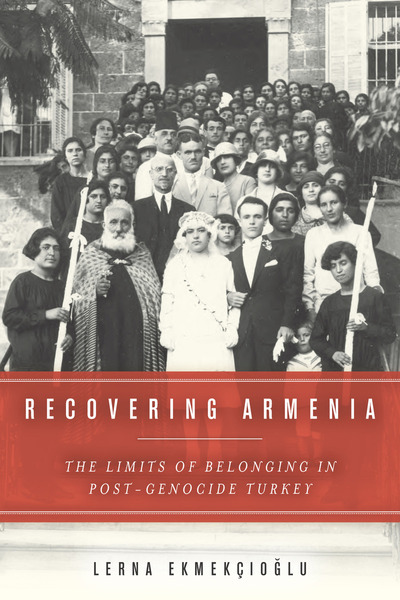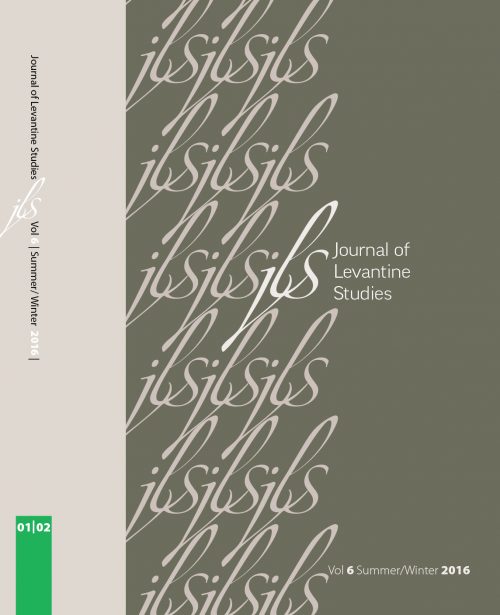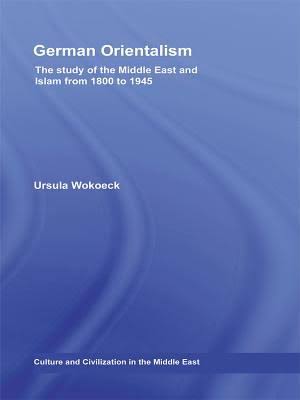-
Add to cartQuick view
Lerna Ekmekçioğlu, Recovering Armenia: The Limits of Belonging in Post-Genocide Turkey. Palo Alto, CA: Stanford University Press, 2016. 240 pp.
Free!Lerna Ekmekçioğlu, Recovering Armenia: The Limits of Belonging in Post-Genocide Turkey. Palo Alto, CA: Stanford University Press, 2016. 240 pp.
Add to cartQuick view -
Add to cartQuick view
Ronald Grigor Suny, “They Can Live in the Desert but Nowhere Else”: A History of the Armenian Genocide. Princeton, NJ: Princeton University Press, 2015. 520 pp.
Ronald Grigor Suny, “They Can Live in the Desert but Nowhere Else”: A History of the Armenian Genocide. Princeton, NJ: Princeton University Press, 2015. 520 pp.
$5.00Free!Add to cartQuick view -
Add to cartQuick view
Don Isaac Abravanel and the Conversos: Wealth, Politics, and Messianism
Free!The figure and the problem of the converso are often addressed in Abravanel’s works, especially after the 1492 expulsion, as has already been noted and studied by earlier scholars. Yet the link between Abravanel’s theological-political conceptions and his disseminated remarks on converts has not been studied as such. In this article I will try to partially fill this lacuna by studying a few of Abravanel’s important texts on the converts and by highlighting their theological and political background and meaning. Modern historiography has attempted to separate the political dimension of the converso phenomenon apparent in Abravanel’s biblical and messianic commentaries from the theological hermeneutical framework in which it is expressed. The following study focuses on Abravanel’s apologetic use and explanation of the conversos’ fate as it comes to the fore in several passages of his messianic work Mashmia yeshua (Announcer of salvation) of 1498 and of his commentary on Ezekiel of 1504. Abravanel’s messianic apology of Judaism after 1492 developed a certain theological and political meaning of the conversos’s destiny, which pointed at the converso not as a political figure revealing the historicity of the religious community but as a necessary by-product of exile participating in the messianic history of Israel and even revealing the stage it had reached.
Add to cartQuick view -
Add to cartQuick view
Ursula Wokoeck. German Orientalism: The Study of the Middle East and Islam from 1800-1945. New York: Routledge, 2009. 333 pp.
Ursula Wokoeck. German Orientalism: The Study of the Middle East and Islam from 1800-1945. New York: Routledge, 2009. 333 pp.
$5.00Free!Add to cartQuick view -
Add to cartQuick view
A Chosen Republic: Rome, Jerusalem, and the “Mediterranean Synthesis” in American History
Free!This article traces the ethos of the United States to a Mediterranean setting. Founded as a Roman-like republic, the country has also understood itself as a “second Israel” throughout its history. This combination has proved itself to be anything but problem free: while Americans wished to become republicans according to the Roman model, they could not ignore Rome’s corruption and decline. On the other hand, if they were to be the new Israel, what did it mean to be a God-chosen republic?
One way to make sense of this tension is by better understanding a “Mediterranean Synthesis” in American history. If Rome excited Americans but also demonstrated that a republic would necessarily become corrupt, Jerusalem promised that the American Rome could escape the historical pitfalls that ensnared republics for millennia. Americans thus made sense of the meaning of their national experience in light of two ancient Mediterranean entities, a classical polity and a biblical nation, hence becoming a chosen republic. The outcome was Americans’ paradoxical ability to perceive theirs as an exceptional polity, one that would not necessarily follow the universal rules of history.
Add to cartQuick view -
Add to cartQuick view
Explaining the Unexplainable: Recent Trends in the Armenian Genocide Historiography
Free!One of the outstanding issues in Armenian Genocide historiography has been the inability of historians to come to a consensus regarding the causes, the aim of the perpetrators, and the process of the genocide. This is because the field of genocide studies is, by its nature, contentious. Over the course of the past three decades, the historiography of the Armenian Genocide in the West has evolved through the introduction of new methodologies, approaches, and more complex analyses of the genocide that venture beyond rudimentary and essentialist arguments and representations. These approaches range from arguing that religion and/or nationalism were the main factors leading to the Armenian Genocide, to the argument that the genocide was a contingent event that took place during World War I, represented by a rapid radicalization of the government’s policy toward the Armenians. This article discusses the development of the historiography of the Armenian Genocide in the West by concentrating on recent trends in the field and assesses their contribution to the understanding of the different dimensions of the genocide. Toward the end, the article provides suggestions for strengthening nascent areas in the historiography that still remain in their infancy.
Add to cartQuick view
- Home
- About JLS
- Issues
- Vol. 9 No. 1 | Summer 2019
- Vol 8 No 2 Winter 2018
- Vol. 8, No. 1: Summer 2018
- Vol. 7, No. 2: Winter 2017
- Vol. 7, 1: Summer 2017
- Vol. 6, Summer/Winter 2016
- Vol. 5, No. 2 Winter 2015
- Vol. 5, No. 1 Summer 2015
- Vol. 4, No. 2 Winter 2014
- Vol. 4, No. 1 Summer 2014
- Vol. 3, No. 2 Winter 2013
- Vol. 3, No. 1 Summer 2013
- Vol. 2, No. 2 Winter 2012
- Vol. 2, No. 1 Summer 2012
- Vol. 1, No. 2 Winter 2011
- Vol. 1, No. 1 Summer 2011
- Blog
- dock-uments
- Subscribe
- Submit
- Contact





